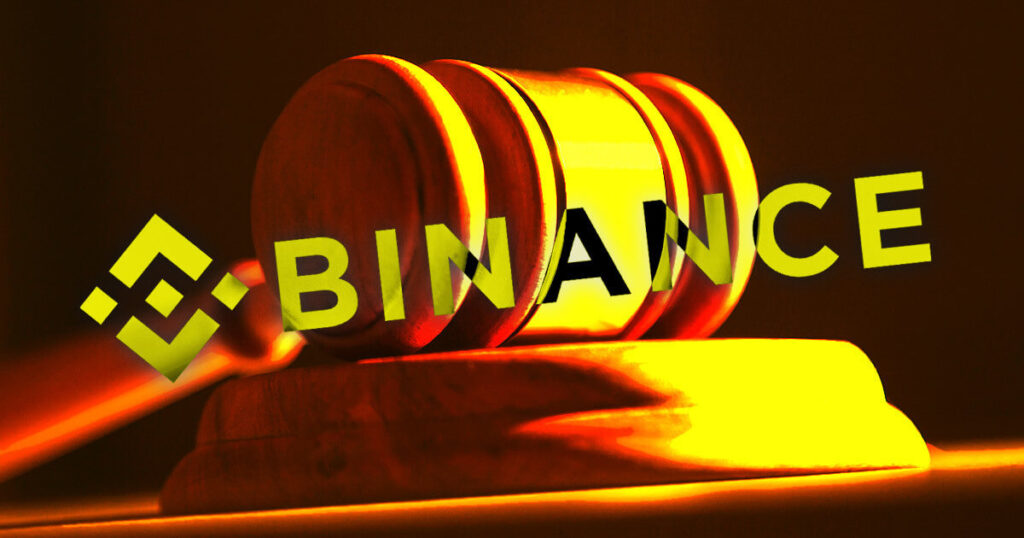The U.S. Securities Exchange Commission (SEC) filed a sealed and potentially sweeping lawsuit in its case against Binance on August 29.
The file in question represents the SEC’s sealed request to file a document under seal. It also contains 36 attachments, including statements from SEC attorneys Jennifer Farer and Matthew Scarlato.
While the nature of the motion and the documents the SEC plans to file are expressly kept private and unavailable to the public, some experts believe the filings are related to pending criminal charges against Binance.
John Reed Stark, former chief of the SEC’s Office of Internet Enforcement, wrote on X (formerly Twitter):
“In my opinion… the US SEC’s classified and extraordinary lawsuit, which appears to be very extensive, likely involves non-public Binance-related allegations of money laundering or other potential criminal conduct.”
In particular, Stark suggested that the SEC plans to file court documents under seal because these documents could interfere with an ongoing prosecution in the United States Department of Justice (DOJ) or reveal details. Reports as recent as August 7 suggest that the DOJ is considering fraud charges against Binance.
Stark said any public filing of the SEC could disrupt classified grand jury proceedings, undercover operations or interactions with witnesses and whistleblowers if any of these activities are currently underway by the DOJ.
Stark also speculated that the SEC could file documents under seal if those documents put a witness or company at risk. However, he noted that this usually results in partial redaction rather than fully sealed documents, making this statement less likely.
Binance’s actions may indicate archiving of the content
Stark also noted that if Binance chooses to oppose the sealing move, it could point to the nature of the signups. If Binance doesn’t oppose the filing — which Stark says it likely — the documents will most likely contain incriminating information that Binance doesn’t want to be made public. However, if Binance opposes the submission, the submission will likely include testimonials from witnesses that Binance would prefer to publicly identify.
Stark concluded that the SEC’s decision to file extensively sealed documents is rare. He said the SEC has not done this in his 20 years with the agency.
The SEC’s sealed motion against Binance could be related to DOJ indictments: A former SEC official first appeared on CryptoSlate.

